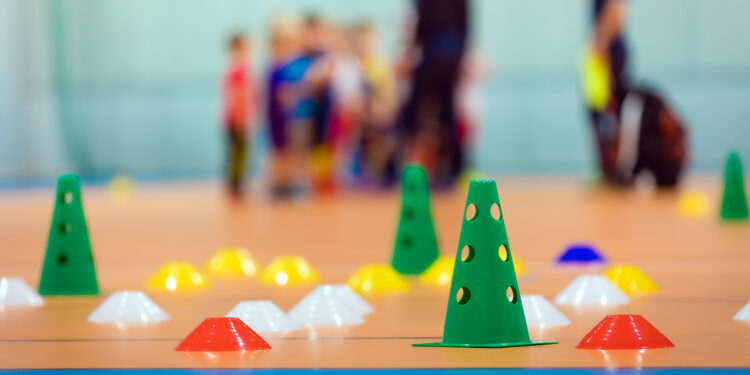Planning is the cornerstone of any well-run community recreation program. If you fail to plan you plan to fail. Proper planning prevents poor performance and is extremely important in coordinating any high-level program. While planning can come in many forms, most all are open and customizable to how you want to operate.
Below are 12 tips for successful recreation program planning.
Scheduling
Schedule out your program dates at least a year in advance. If you run multiple types of programs, organize your dates in a program calendar to give you a picture of the entire year. If you’re coordinating programs all year round, you also want to have a solid programming plan in place. Once your schedules are set for the year communicate it.
Program Documents
No matter the types of documents you use in your league, make sure you have your templates ready to go well before your next session. These include things like parents’ packets, handbooks, rule books, forms, flyers, administrative spreadsheets, etc. Plan out all the documents you need and keep them accessible and organized in one area.
Marketing
Marketing plans can come in several forms but at the very least have a calendar or outline on when you want to start to market your programs and what marketing channels you want to use. Narrow your marketing efforts to each of your target markets for more effective marketing and communication. Market to past participants as well as the local community.
Budget
Your budget is the planning tool for your finances. Sound budgeting will ensure you only spend what you are able to spend based on your forecasted revenue and expenses. Once your budget is created, stick to it as close as possible and track every expense that comes in to make sure you stay on track.
Staffing
If you are a larger organization and have the ability to staff your recreation programs, have a staffing plan. Falling short on staff will have a direct effect on your program and may leave some activities unsupervised or cancelled altogether. Make sure to know your optimal staffing levels and have a plan to recruit and retain them to ensure you never fall short.
Staff Training
Training and education is an ongoing process and should be taken seriously. You don’t have to do all your training in house as there are tons of resources out there to provide staff trainings. Regardless of how you want to do it, an annual training program will make sure you get the most out of your valuable investment: your staff.
Volunteer Management
Volunteers are the heart of your programs, and some programs cannot run without them, such as youth sports. It is extremely important to have a plan to recruit, retain, educate and train your volunteers who may be a part of your program. The best programs generally have the best volunteer base.
Parent Management
Plan how you are going to manage your parents. This includes education, expectations and communication.
Fundraising
Some recreation programs rely on fundraising to help subsidize registration fees and provide enough revenue to keep the program running. Have a fundraising plan to keep your fundraising goals on track.
Maintenance
If your organization also maintains your facilities, create a maintenance plan that focuses on your preventative maintenance for every aspect of your facilities. A sound preventative maintenance plan will keep your facility aesthetically pleasing. It will also increase the lifespan of your assets and help you identify how long things are supposed to last and when they need to be replaced.
Risk Management
Regular inspections, having proper insurance and creating emergency action plans are all part of your overall risk management plan. Limiting your liability will prevent a catastrophic incident from closing your program for good.
Equipment Inventory
Have a plan for managing your equipment inventory so you always know how much you have on hand and when you need to order more.
All of the above can be put together to form part of your organizations business plan and comprehensive strategic plans. Short term planning can take place a year in advance with long term plans going out five to 10 years. Regardless of how long you are planning out, you should always review and adjust your plans on a regular basis. Lack of planning will always show. Remember, if you put in the extra recreation program planning work up front, it will make your job easier, your operations smoother and your overall programs better in the long run.
For more resources on youth sports, visit the League Source website.










